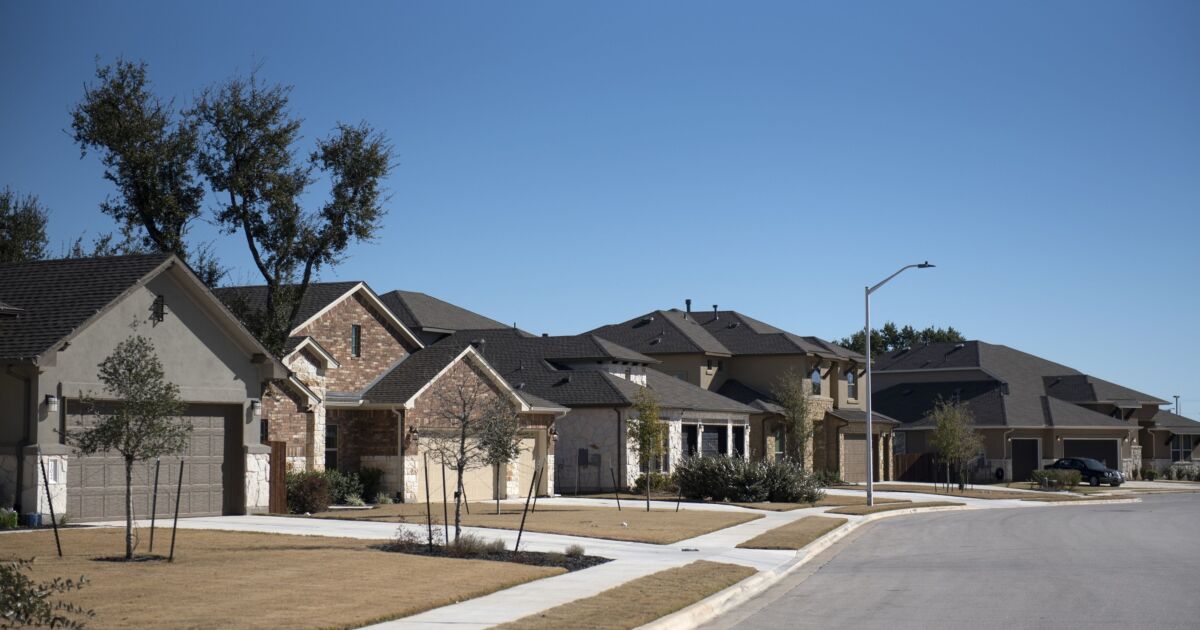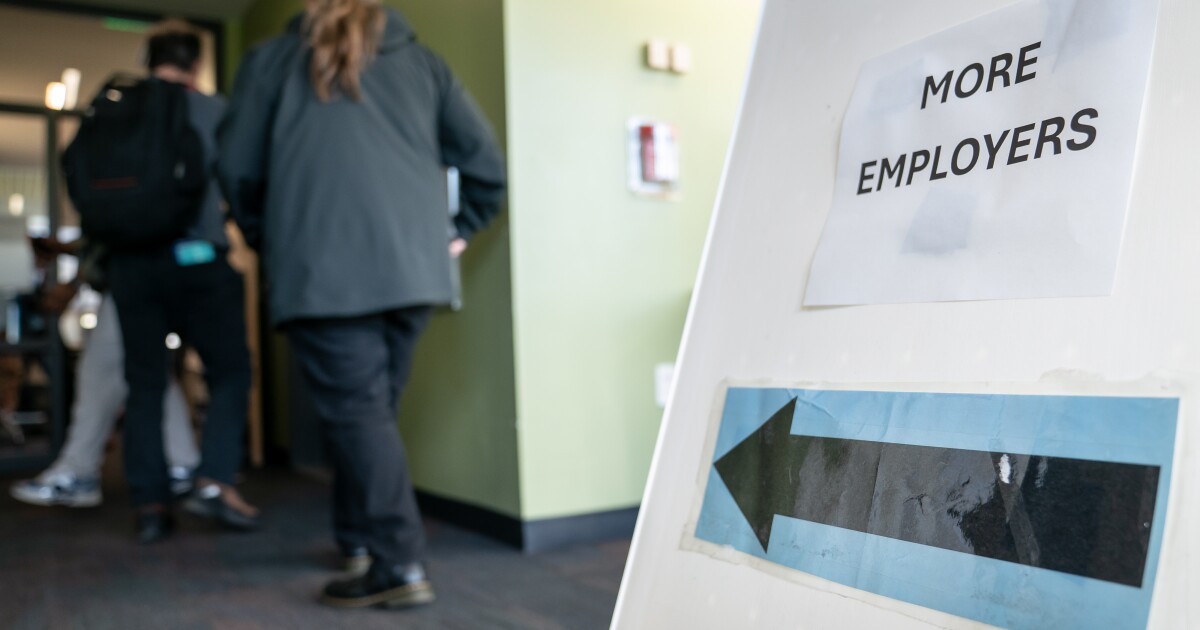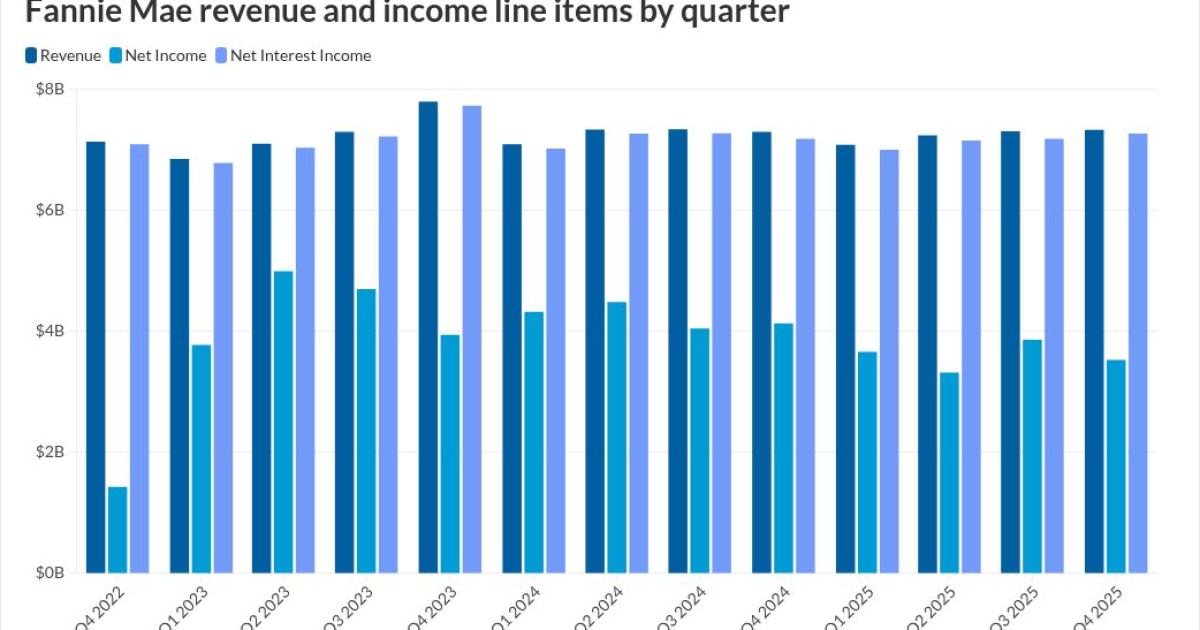
Home prices are rising fastest in family-friendly suburbs, a trend that's set to persist as a record number of millennials approach what's traditionally been home-buying age for Americans.
A Zillow analysis of 421 U.S. counties, representing more than 70% of the population, found that zip codes with the biggest share of children under 18 saw faster increases in house prices about two-thirds of the time.
The correlation was near-perfect in cities like Washington, D.C. — where prices rose about 15% in the 12 months through October in the most family-friendly neighborhoods, while they were flat or even falling in places with the fewest kids.
Other metro areas where the trend was strong include Portland, Oregon; Austin, Texas; and Seattle. A positive relationship was found in almost 10,000 zip codes.
Overall housing markets are likely to cool after a pandemic boom that's lasted almost two years, according to Zillow — but not in sought-after, kid-friendly suburbs, where the pressure on prices will intensify.
The preference for suburbs is as strong as ever. A Realtor.com report found that online searches by prospective home buyers are concentrated in the suburbs, where houses are in short supply.
Another driver of future prices is a generational milestone: Over the next two years, a record number of millennials — the large cohort born between 1981 and 1996 — will reach 32, the median age of first-time home buyers in the U.S.
"As millennials go, so goes the housing market," said Zillow economist Nicole Bachaud. "We are seeing now, as millennials age, that they are looking for homes that fit the needs of growing families."
A silver lining may come from baby boomers. A record number of Americans will turn 65 this year, making them eligible for Medicare, which for millions is key to the ability to retire. Sales by that cohort could boost the number of single-family homes on the market.



